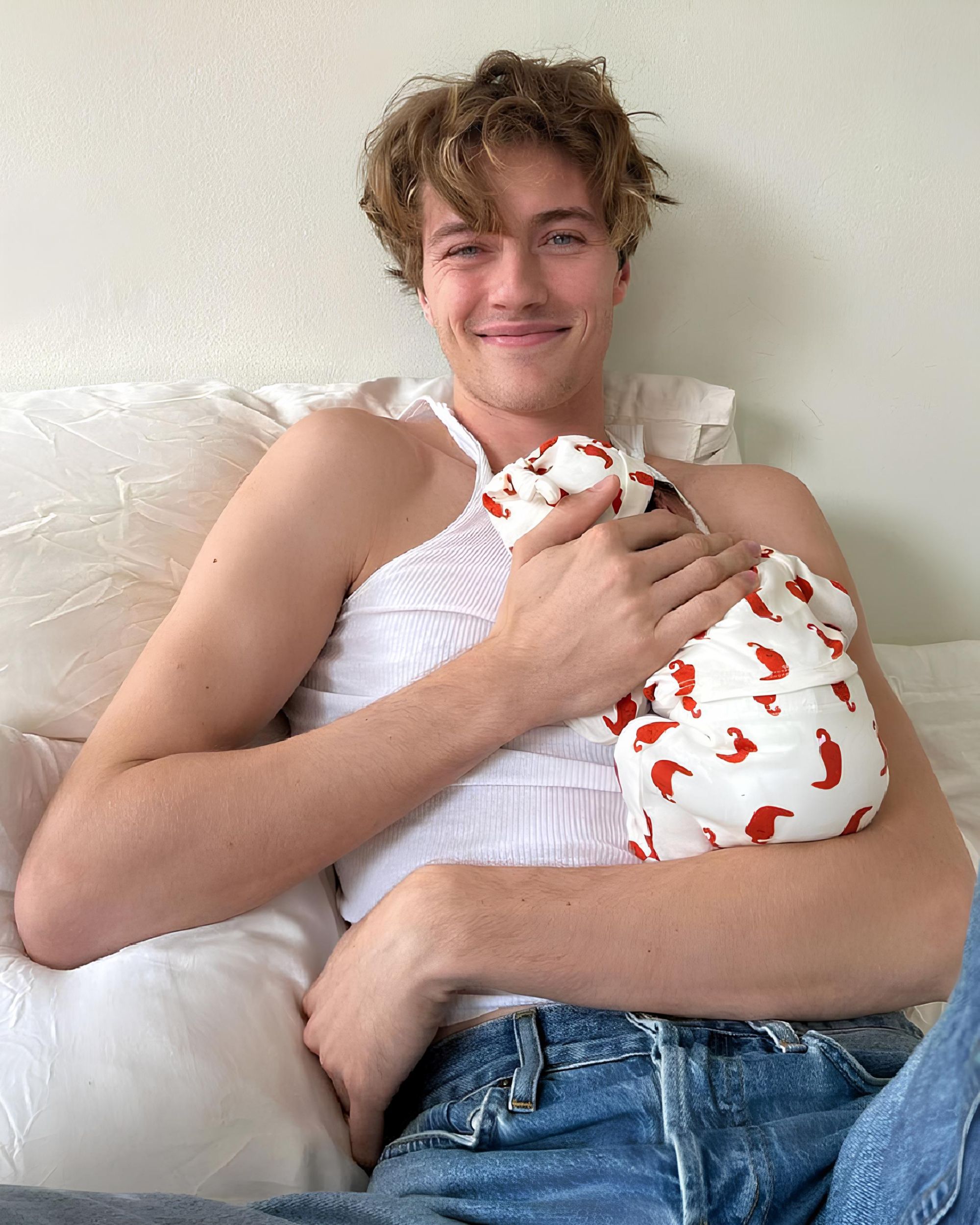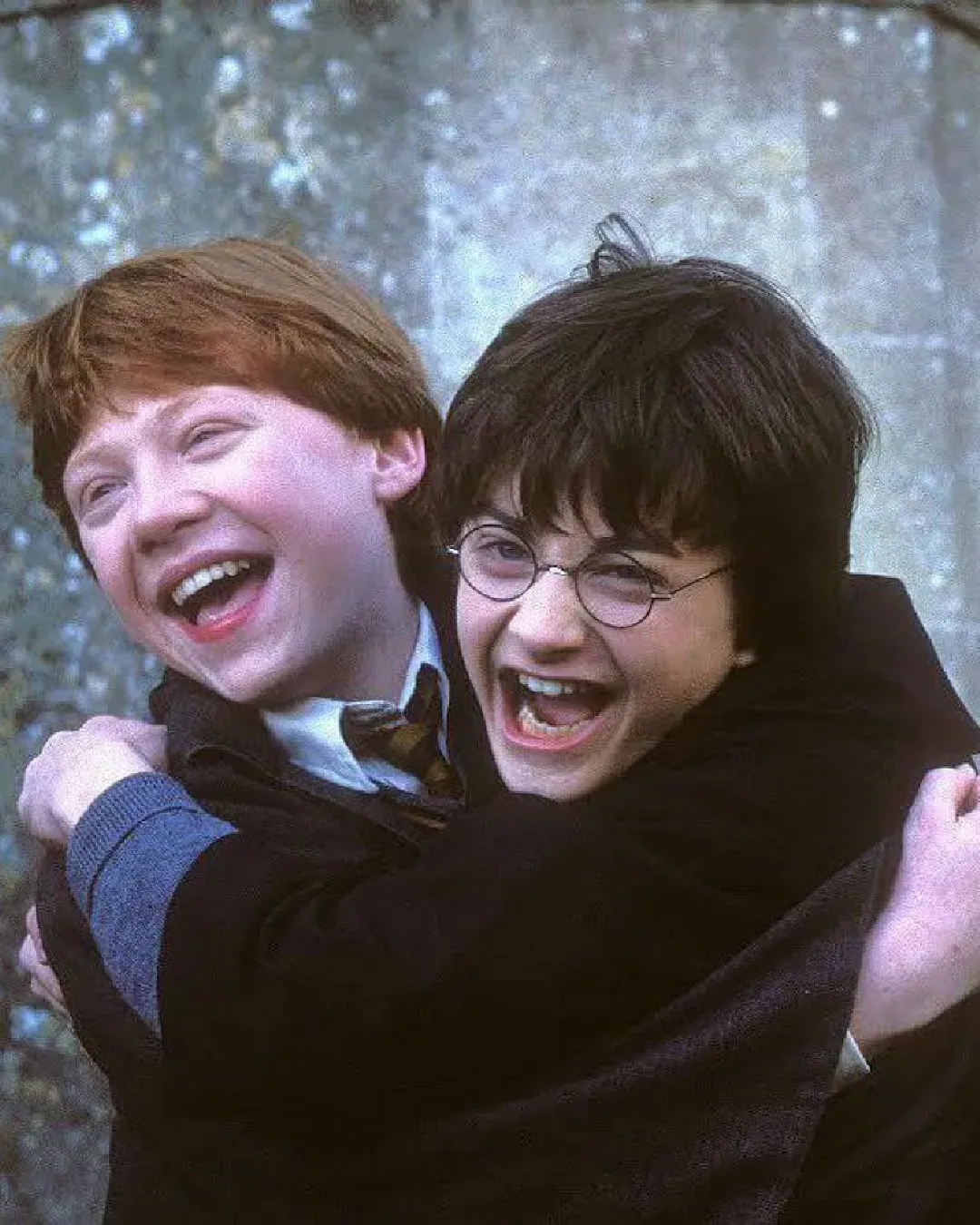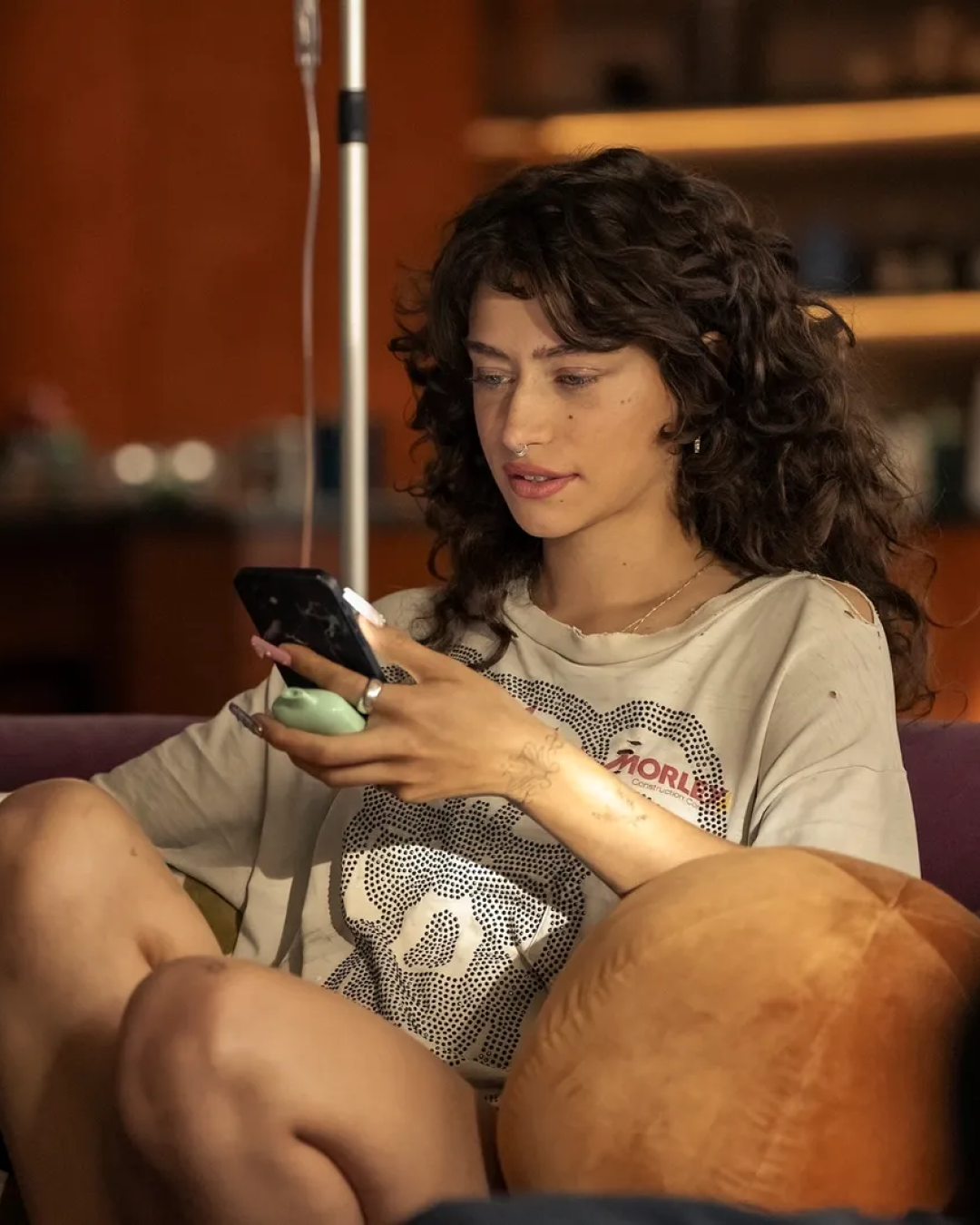
Y2K Nostalgia: how Gen Z is boosting a trend that they didn't even remember Can you really miss a time you haven't lived through?
The announcement of the new book by Britney Spears, the reboot of Scary Movie, the return of Bennifer and flip phones, the cooking show of Paris Hilton on Netflix, KK joking about her sex tape on Saturday Night Life, we have widely talked about the return of the 0s in terms of fashion, but it is evident that it is a much more complex phenomenon. Blumarine rode the wave for SS22 presenting ruffled minidresses, flashy belts, low-waisted jeans, lots of bare skin, childish fantasies - "My Blumarine is dirtier, bitchier, sexier", declared creative director Nicola Brognano- followed by the interpretation of Miu Miu: more minimal, but with an allure of coolness that derives from the proportions (⅓ of the common ones).
Well, what does the comeback of the 2000s represent for those who were born in the 2000s?
The 2000 natives are the true precursors of the trend: already a year ago on TikTok they wore bootcut jeans and tops made by knotting silk scarves, imitating the street style and hairstyles of Bella Hadid and Dua Lipa, nowadays the hashtags #Y2kAesthetic and #Y2kFashion boast a total of 500 million views on TikTok and even on Depop "Y2K" has become a popular hashtag among the youngest. It seems paradoxical that the push comes from a generation that has only vague memories of those years, in which it was mum who dressed them for school and the best of life was watching Disney Channel on the sofa or Thirteen secretly on the elder brother's pc.
The paradox reaches schizophrenia when we compare the values of those years with those of Gen-Z, radically the opposite of the wake generation of the #metoo and the Fridays of protest against climate change. The decade of the 00s hides tragic scenarios, such as the horror show of celebrity culture, grotesque paparazzi harassment, rom-com and sitcom based on heteronormative ideals- single and / or fat women demonized as tragic and desperate, emblematic Bridget Jones and Carrie Bradshaw - and in the general allure of sexual liberation, a Manichean narrative of the LGBTQ + community - as in Will & Grace's "gay good / gay bad" dichotomy.
But for the Millennials, remembering the 2000s responds to the general need to find something reassuring, recognizable and less oppressive than the grim post-pandemic reality, in a generation that grew up with the belief that everyone could become astronauts or footballers, that America was Dawson's Creek, Friends and The OC, and again the Disney Channel logo, the frivolous arguments of Keeping Up with the Kardashians, the politically incorrect jokes of Paris Hilton, the poses of Lindsay Lohan in Mean Girls. An anachronistic, distant, but at the same time strangely familiar system of values and cultural references, which triggers the feeling of nostalgia in a world where no one can afford anymore that brazen superficiality that became pop culture.
Recovering a historical period by extrapolating its aesthetics and obscuring the entire value system behind is an operation that only the first generation of digital natives could do, partly because rehabilitating such a violent culture in times of wokeness can only be done by those who live on wokeness (and perhaps are exasperated by it), partly finding a moral justification for the Y2K trend in the glance of sustainability of the vintage purchase.
From 2000 to today, 20 years have passed, enough to have the right distance to historicize a deeply contradictory period, enough time for a certain type of aesthetic to be sufficiently dated to become a trend and for Kylie Jenner to dress up as Christina Aguilera for Halloween and for Versace to reboot Jlo's iconic Jungle dress, but also enough for us to realize the frightening speed at which we are living.
"We can not go to work today we are tired, I think we might quit the job, bye beautiful"
exclaims Paris Hilton on the phone in an episode of The simple life, the program that shows as protagonist the heiress from 2003 to 2007 with her friend Nicole Richie. Maybe we only envy a generation, that in the 2000s was 20 years old and who used to live their youth in the full of lightheartedness, in a world where thinking about the future positively was still possible, the dream job and the perfect family, but also to imagine yourself at 60.
Then the economic collapse in 2008, the attack on the twin towers in 2001, the environmental disaster that was advancing undisturbed, the beginning of the end. And now here we are, with 7 years of life left on earth according to the Climate Clock, hoping to colonize the moon in order to age in peace. So we take refuge in the past, both us and fashion, because we don't even know how to imagine the future and it is not even certain if the future will happen.





































































